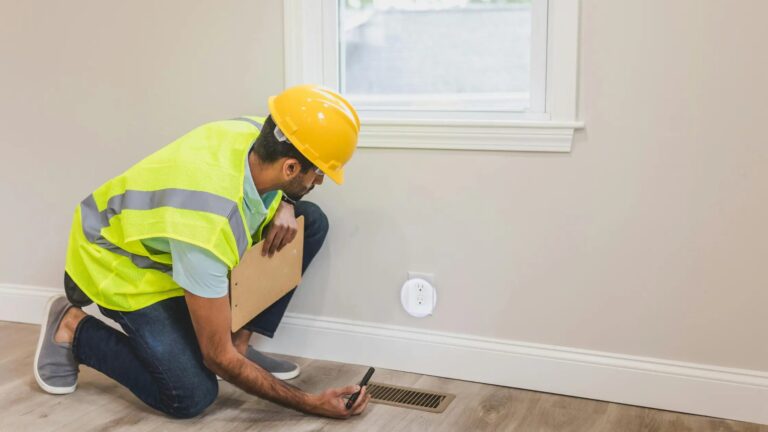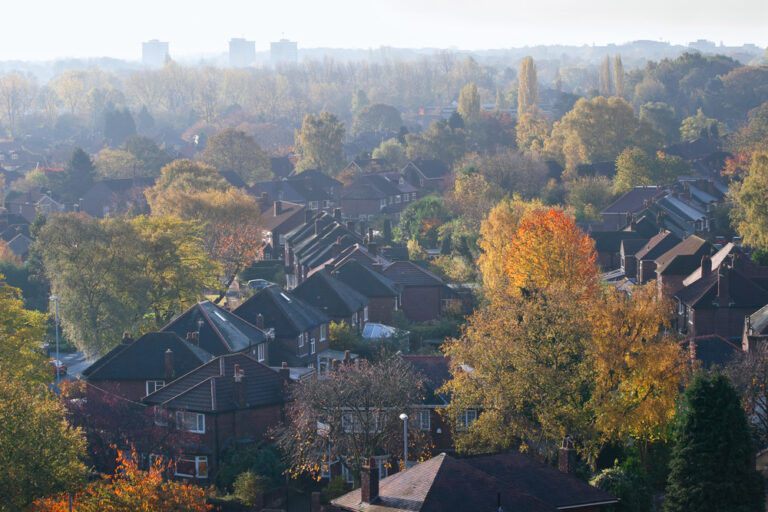A happy tenant means a happy landlord.
Happy tenants are more likely to pay their rent on time, should look after their rental homes better and could stay longer.
And that means fewer costly void periods and less hassle for you as a landlord.
But keeping your tenants happy is a delicate balancing act.
How do you keep a good tenant?
Keeping good tenants is crucial for a landlord, but how do you do it?
Here are 10 steps you can take to keep your tenants happy…
1. Go the extra mile
One of the major things you can do as a landlord is stand out from the crowd.
Tenants in 2021 have more needs and are more demanding than ever before when it comes to their rental properties.
The coronavirus pandemic and ongoing restrictions, alone, have seen tenants adjust their rental property wish lists in favour of more outdoor space, better facilities to work from home and increased connectivity. But often it’s the little things that can help you stand out as a landlord. So, why not consider:
• Including a weekly veg delivery box in your tenant’s rent
• Offering a coffee or food delivery subscription box included in the rent
• Giving your tenants a gift on special occasions like birthdays or Christmas
Often it can be something simple that really makes a huge difference to how long your tenants stay in your property.
2. Stay in touch – but not too much
Communication between landlord and tenant can be a difficult art to master.
A lack of communication from a landlord can come across as uncaring to a tenant, while too much could be classed as borderline harassment. The best balance to strike is to make sure your tenant knows the best way to contact you and to ensure you’re available when they need you. Let your tenant know, when they move in, how you prefer to be contacted or, if someone else is the point of contact, how they should get in touch with that person.
And when the tenant does get in touch, respond promptly.
Remember, though: Your tenant has the right to ‘quiet enjoyment’ of your rental property and that means you must always:
• Give your tenants at least 24 hours’ notice before visiting, under the Landlord and Tenant Act 1985
• Visit only during reasonable times of the day
3. Carry out maintenance and repairs quickly
One major gripe for tenants is the speed with which some landlords deal with repairs and maintenance issues at their rental properties.
Unfortunately, things can go wrong during a tenancy and you’ll be judged on how quick and proactive you are in dealing with these problems.
One of your major landlord obligations is to keep your rental property in good condition and safe for your tenants to live in.
You’re also responsible for repairs to:
• The property’s structure
• Basins, sinks, baths and sanitary fittings
• The heating systems and hot water
While there is no fixed timeframe in law for how long you have to carry out repairs and maintenance, these should be done in a ‘reasonable’ period of time.
However, each repair request should be judged on its urgency, with a broken boiler being far more serious in winter than summer, for example. Putting off maintenance issues could land you in hot water legally but will also cause your tenant to assume you don’t care.
Dealing with maintenance issues quickly and efficiently is key, regardless of where each problem sits on the scale of emergency.
4. Consider letting your tenants decorate
While tenants don’t have a right to decorate their rental property, this is something you could consider.
As a landlord, decorating your rental property and ensuring it’s habitable for your tenants is very much your responsibility.
But if you’re keen to keep your tenants for a long period of time, allowing them to decorate is one way they can make the property feel more homely. Of course, you should lay down some ground rules on what kind of décor is acceptable and what isn’t, while also being clear that any damage caused could affect their security deposit. But allowing tenants a little freedom really can make a huge difference.
5. Show compassion to your tenants
Of course, you should always expect your tenant to comply with the terms of their tenancy agreement.
And the biggest term of all is paying the rent, in full and on time.
But before jumping in at the deep end when your tenant’s rent is late or not paid in full for the first time, take the time to find out what the issue is.
The Covid-19 pandemic has affected many tenants and left some struggling to pay rent, either because they have lost a job or because they’ve been furloughed. If there’s a valid reason why your tenant’s rent is late, such as a loss of income or a bereavement, try to show some compassion.
Of course, you should reiterate that their rent does need to be paid, but a little leniency in these situations, particularly during the pandemic, can have a really positive effect on your relationship with your tenant.
6. Be clear on decisions
If your tenants make a request that you are unable or unwilling to support, don’t simply dismiss them.
Explain the reasons behind your decisions and they’ll be far more likely to understand your point of view.
So, if your tenant asks whether a larger fridge freezer would be possible because they need to store additional food, consider the request.
While spending on a new appliance is an additional cost, it could mean your tenant sticks around beyond their initial tenancy, saving you money in void costs and re-marketing your property. But if such a request is not an option, explain why.
7. Consider a rent increase carefully
Landlords’ bottom lines are under more pressure than ever.
But increasing a tenant’s rent is not a decision to be taken lightly.
Weigh up the value of the tenant you have in situ against the monetary gain of an increased monthly rent.
If you carry out an annual rent review, try to ensure that any rent increases are reasonable and in line with the market conditions at that time.
8. Offer your tenants an incentive
Incentives can be great, whether you’re trying to tempt a new tenant into signing up or attempting to keep a great tenant already in place.
Considering offering to cover your tenant’s WiFi bill or offer a Netflix subscription as part of the rent.
Those two relatively small costs would be dwarfed by the cost of a lengthy void period and marketing expenses while you search for a replacement.
9. Understand your tenants’ rights
Being understanding of your tenants’ rights when renting you property is crucial. Your tenants’ rights include:
• Living in a safe property, that is in a good state of repair
• Having their tenancy deposit protected and returned to them at the end of their term
• Living in your property undisturbed and with quiet enjoyment
• Being given copies of the property’s Energy Performance Certificate (EPC), gas safety certificate and Electrical Installation Condition Report (EICR)
10. Be ready to adapt to new legislation
Landlord legislation is changing all the time and staying up-to-date and compliant is vital to keep your tenants safe and keep your relationship with them positive. In 2021, proposed and incoming new landlord legislation includes:
• The Renters Reform Bill – this could see section 21 no-fault evictions scrapped, with landlords having to regain possession of their properties through the courts. The Renters Reform Bill could also see the introduction of ‘lifetime deposits’ for renters, that follow them when they move rental properties
• Mandatory electrical testing – Electrical Installation Condition Reports (EICR) are already mandatory for new tenancies starting since July 1 2020. From April 1, 2021, they will be required for all tenancies
• Coronavirus eviction rules – Ongoing coronavirus restrictions mean tenants are now entitled to six-month notice periods at the end of their tenancy agreements. These rules will be in place until at least March 2021
How long do renters usually stay?
According to research in 2019, renters in the UK stay an average of 4.1 years in a rental property.
Further reading…
If you’re thinking of investing in property this year, take a look at our guide to becoming a landlord in 2021 which tells you everything you need to know.
One key piece of legislation for 2021 is the introduction of mandatory electrical safety certificates for all tenancies – we’ve rounded up everything you need to know about Electrical Installation Condition Reports here.







